
Beth Howell
Beth has been writing about the environment and climate change for over four years now – with her work being featured in publications such as The BBC, Forbes, The Express, Greenpeace, and in multiple academic journals.
Indonesia is the second-largest contributor to ocean plastics in the world and plastic pollution has become one of the country's biggest challenges.
The local waste management system is not able to cope with the massive amount of waste generated in the country every day — and consumption is expected to grow even more in the future.
So what's the solution to plastic waste?
Our partner hub Tridi Oasis (based in Tangerang, Indonesia) prevents plastic waste from entering the ocean by collecting it right at the source, through services at households and warungs (little shops).
The collection focuses on non-recyclable items and single-use plastics — the material that ends up in our oceans predominantly.
We spoke to Tridi Oasis’ founder Dian Kurniawati about the challenges and chances of the waste management sector in Indonesia.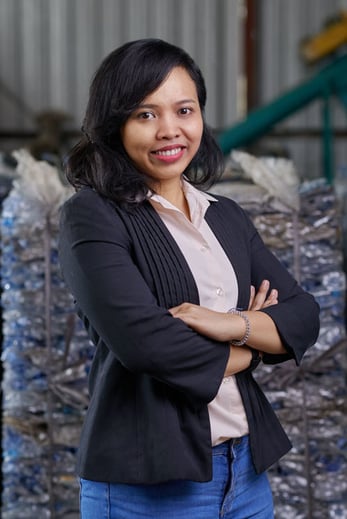
Q. What are the main challenges that you are facing in the waste management business?
A. Based on my experience and observation, a big challenge is the waste treatment.
Most of the landfills in Indonesian cities are already at full capacity. The government really needs to take action when it comes to reducing the waste that goes to the landfill, to reduce the volume significantly.
They could install material recovery facilities, where organic waste would go into composting, and recycle non-organic waste, so that we can reduce the quantity that goes to the landfill.
Q. Which initiatives are being done by the government to reduce plastic waste in Indonesia?
A. There are a lot of initiatives that are already being done. They have banned plastic waste in storage and plastic bags in several areas. It’s working well for retailers, if you go shopping you need to bring your own bag.
However, when you go to the traditional markets, all these things are still there and the majority of the consumption is happening in the traditional markets, like food and all those daily things. But the intention is already there and that’s good.
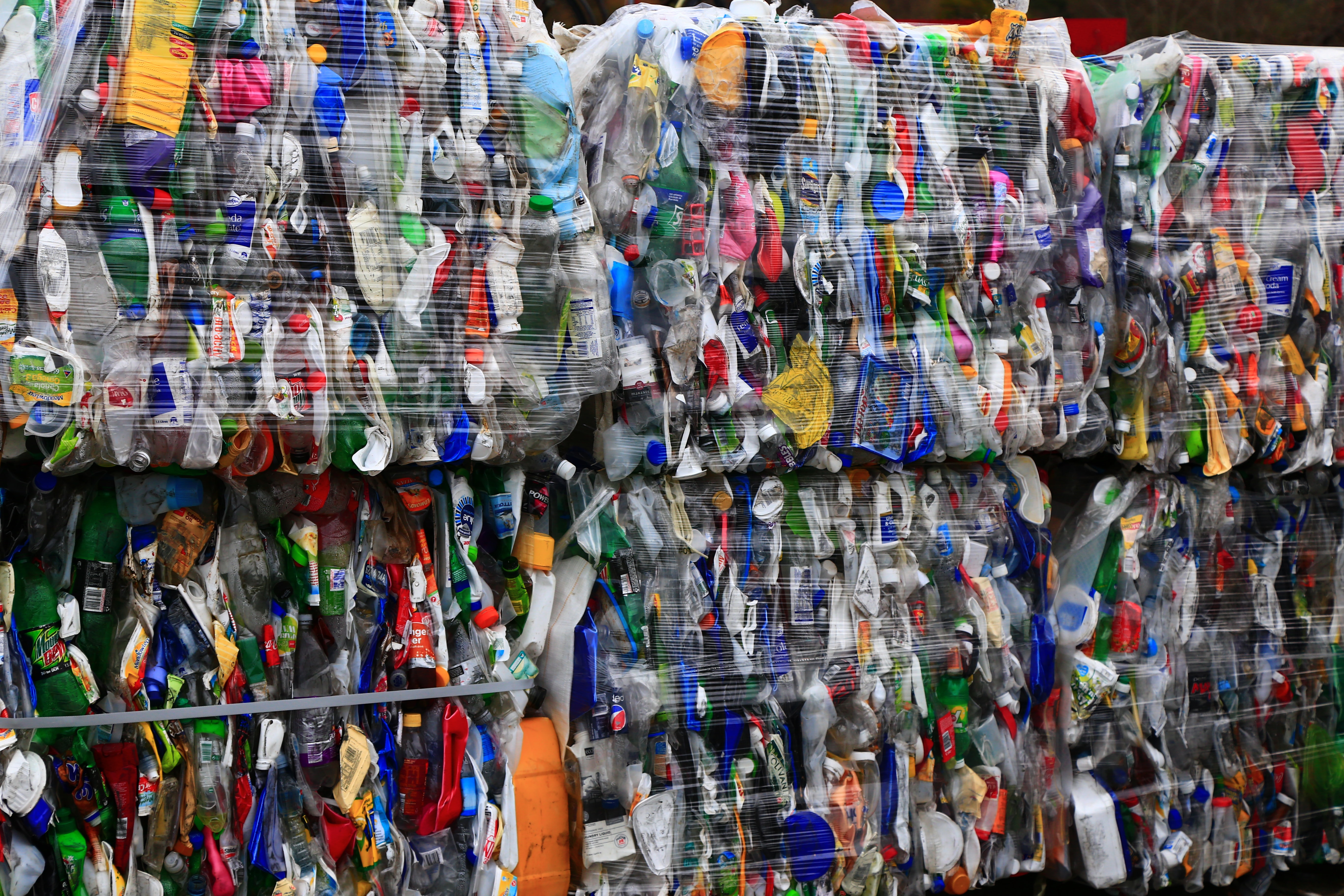
Q. What about awareness in the population, when it comes to plastic pollution and environmental issues?
A. The awareness is there, there are several environment-conscious groups of people and it’s only increasing.
They know that they should reuse the packaging or even refuse it altogether — and many new NGOs have established the promotion of this, which is very helpful across the regions.
Plus, more and more brands are working on their green image. They promote that their bottles are made from 100% recycled plastics, or they have many shops where you can return your bottles. So more and more companies are doing what they can to create awareness on the matter.
Q. How is the informal waste management sector spread throughout Indonesia?
A. In Indonesia, there is informal waste management in every location. It can be the biggest city or the smallest village — there is definitely going to be somebody who's collecting recyclable waste.
But only all of the high-density rigid plastics get picked. This then gets sold to some aggregator or recycler, but the non-recyclable waste, like multi-layer plastic and carry bags, is not getting collected or picked up from the environment. They are left behind in nature.
Summary
By focusing its collection efforts on non-recyclable waste and single-use plastics — an area most hubs stray from —Tridi Oasis is making a real difference.
We're proud to call them one of our partners, and look forward to the goals we can achieve together.
Continue learning about plastic waste by checking out some of our similar articles below:

.jpg)
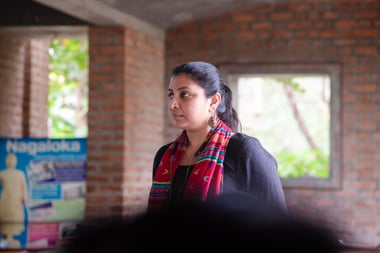
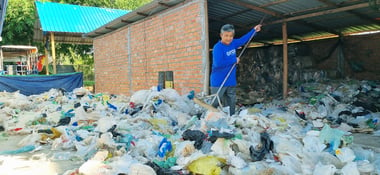

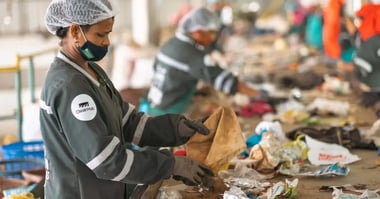
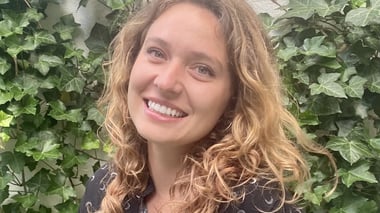
-2.png?width=380&name=Untitled%20design%20(2)-2.png)
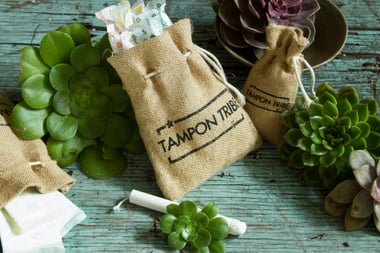
.webp?width=380&name=Sarah-Jeanne-Royer%20(1).webp)
.webp?width=380&name=Small-islands%20(1).webp)
-1.webp?width=380&name=microplastics%20(1)-1.webp)
